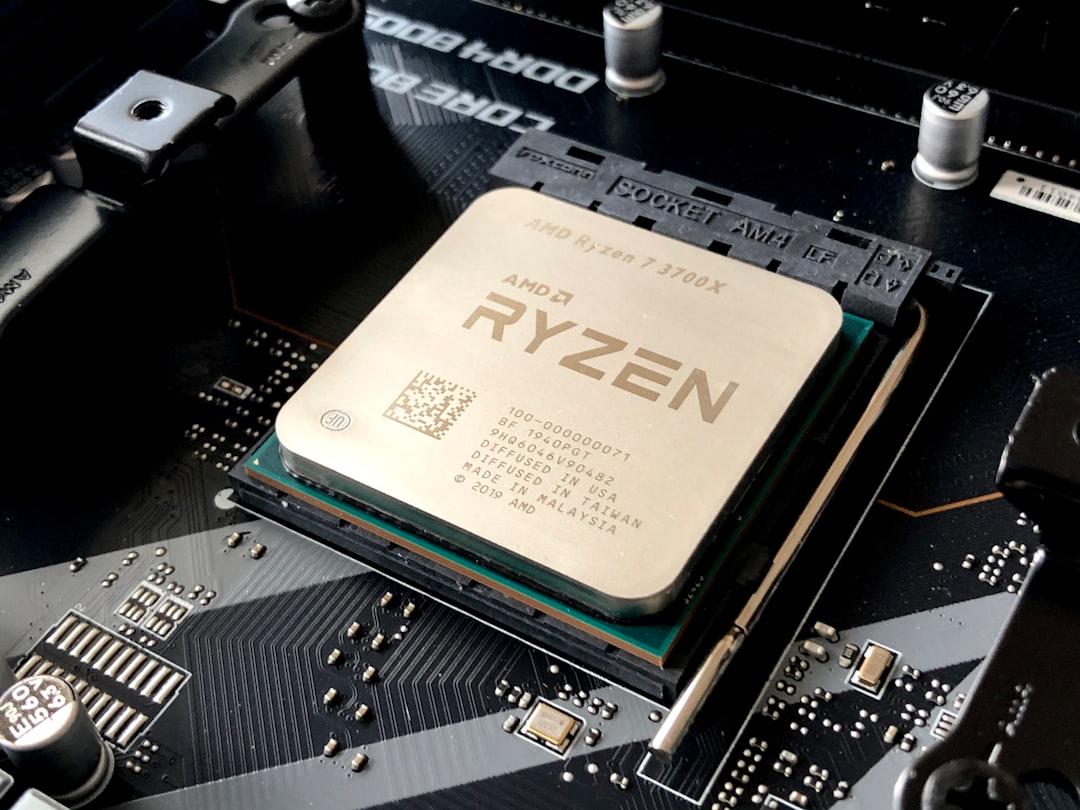
When you’re running an online business, you need to be able to accept payments from your customers. But what’s the best way to do that? A payment gateway or payment processor?
Which is better for ecommerce-The short answer
Whereas payment processors oversee the entire transaction process, from start to finish, payment gateways only approve or decline transactions. E-commerce businesses should opt for payment gateways; in-person retailers whose point-of-sale terminals aren’t virtual can use payment processors.
Section 1: What is a Payment Gateway?
A payment gateway is a company that helps businesses process payments. This can include things like processing payments for customers, handling payments for merchants, and issuing refunds. Payment gateways can also provide other services, such as fraud protection and customer support. Payment gateways are often used by businesses that sell online, such as ecommerce stores.
A payment gateway is a software or service that helps businesses process payments online. They are often used by businesses that sell online, such as ecommerce stores. Payment gateways allow businesses to accept payments from customers through their existing merchant account. This means that businesses don’t have to set up their own payment processing system. Payment gateways also offer features such as fraud prevention and automatic billing.

Section 2: What Is A Payment Processor?
A payment processor is a company that helps businesses process payments. This can include things like processing payments for customers, handling payments for merchants, and issuing refunds. Payment processors can also provide other services, such as fraud protection and customer support. Payment processors are often used by businesses that sell offline, such as brick-and-mortar stores.
Payment gateways, on the other hand, are more commonly used by businesses that sell online. Payment processors are more expensive than payment gateways, but they offer more flexibility and security.
Section 3: How Do Payment Gateways and Processors Work?
A payment gateway is a service that helps businesses accept payments from customers by facilitating the flow of funds through a network of banks and credit card companies. Payment processors, on the other hand, are companies that help businesses process payments. They can provide a wide range of services, including account management, fraud prevention, and chargeback processing.
Payment gateways and processors can work together to improve the payment experience for businesses. Payment processors can help businesses set up and manage their accounts, and provide fraud prevention and other services. Payment gateways can help businesses process payments quickly and easily. They can also help businesses to track payment activity and manage their finances.
A payment gateway is a service that helps businesses accept payments from customers. Payment processors, on the other hand, are companies that help businesses to manage their finances and track payment activity. Both services can be useful for businesses, but which one is best for each individual business depends on its needs. Payment processors can offer additional features, such as fraud prevention and customer support, that payment gateways may not offer. It’s important to consider what each service can do for a business before choosing which to use.

Section 4: What are the Pros and Cons of Payment Gateways?
There are pros and cons to using a payment gateway as opposed to a payment processor. Payment gateways are often cheaper to use, and they can handle a wider range of payment methods than payment processors. However, payment gateways can be less secure, and they may not be able to process certain types of payments.
In order for an ecommerce business to succeed, it is essential to have a payment gateway or payment processor. A payment gateway is a platform that helps businesses process payments, and a payment processor is a company that helps businesses process payments and provides other services related to payments.
A payment gateway can help businesses accept payments from customers, and a payment processor can help businesses process payments and provide other services related to payments. Payments are vital for ecommerce businesses, as they can help businesses grow and increase their revenue. Without proper payment processing, ecommerce businesses may not be able to continue to operate.
Section 5: What are the Pros and Cons of Payment Processors?
There are pros and cons to using a payment processor for your ecommerce business. On the pro side, a payment processor can help you streamline your payment process, making it easier for your customers to pay. They can also help you manage your finances more effectively, reducing the risk of fraud.
However, payment processors can also be more expensive than payment gateways. They may also charge additional fees for their services, such as processing payments or providing fraud protection. It’s important to consider all the factors involved when choosing a payment processor, including your budget and business needs.
Section 6: Which is Better for Your Business: a Gateway or Processor?
When it comes to choosing a payment gateway or payment processor for your ecommerce business, the answer is both. A payment gateway is a valuable tool for accepting payments from your customers, and a payment processor can help you manage and process payments.
A payment gateway can help you manage your payments and keep track of your revenue. It can also help you set up rules for accepting payments, such as limiting the amount of money customers can spend in a given period.
A payment processor can help you process payments quickly and easily. It can also help you set up rules for charging customers, processing refunds, and more.
Conclusion: The best way to accept payments for your business depends on your needs and what you’re looking to streamline operations.
When it comes to accepting payments, there are a few different options that businesses can choose from. A payment gateway is a tool that allows businesses to process payments from customers through a central system. This can be helpful for businesses that have a larger customer base and need to manage multiple payment processing accounts. A payment processor, on the other hand, is a service that helps businesses to process payments from customers directly. This can be helpful for businesses that have a smaller customer base and need to manage fewer payment processing accounts. Ultimately, the best way to accept payments for your business depends on your needs and what you’re looking for. According to a 2020 Deloitte report, the value of digital transactions globally reached $4.1 trillion in 2019 and is expected to grow by 13 percent each year until 2023.
In the area of accepting payments for your business, there are a few different options you have at your disposal. A payment gateway is a great option if you need to handle a lot of transactions, while a payment processor is better if you only need to process a few transactions each month. Ultimately, the best way to accept payments for your business depends on your needs and what you’re looking for.
How to get free hosting for your ecommerce site watch video .
